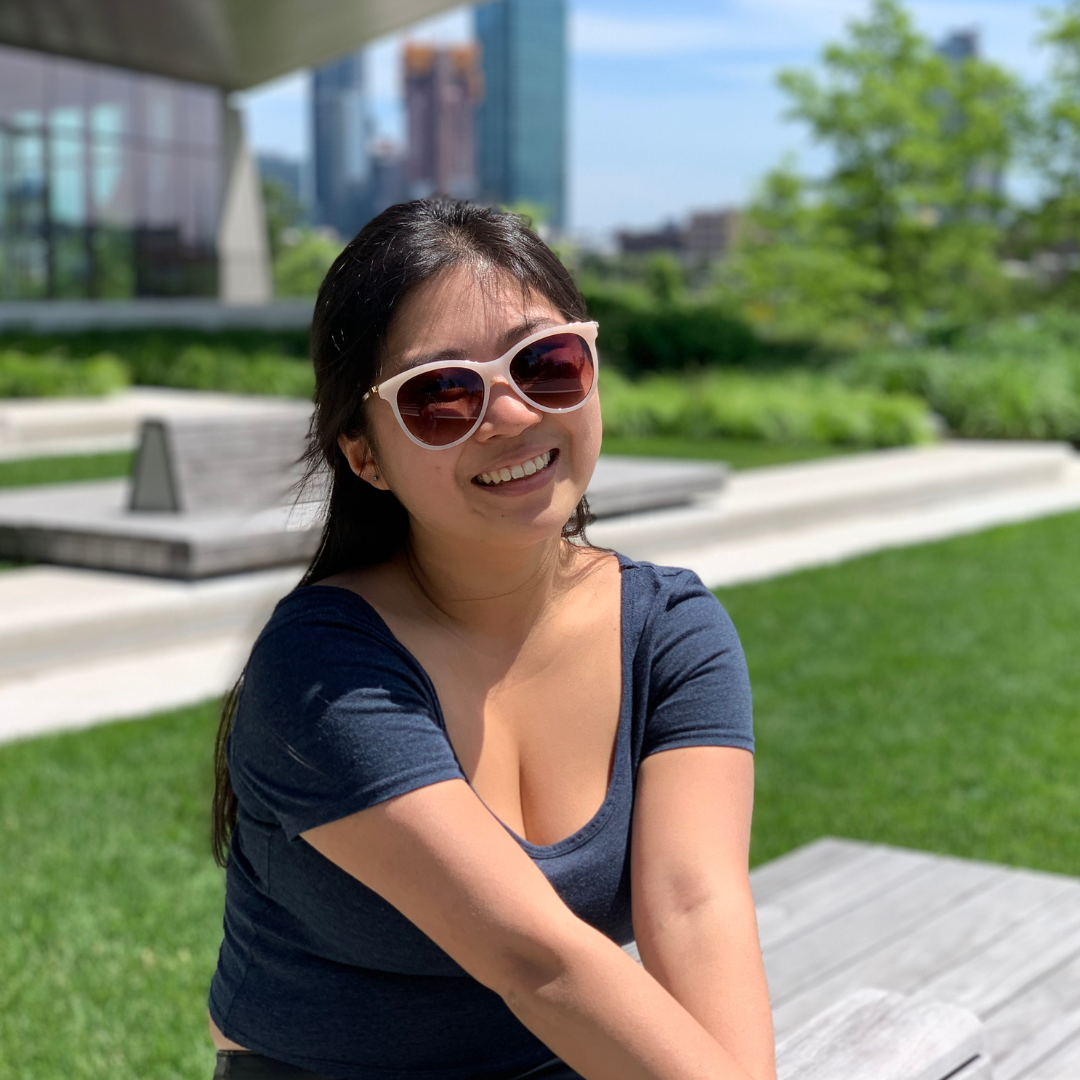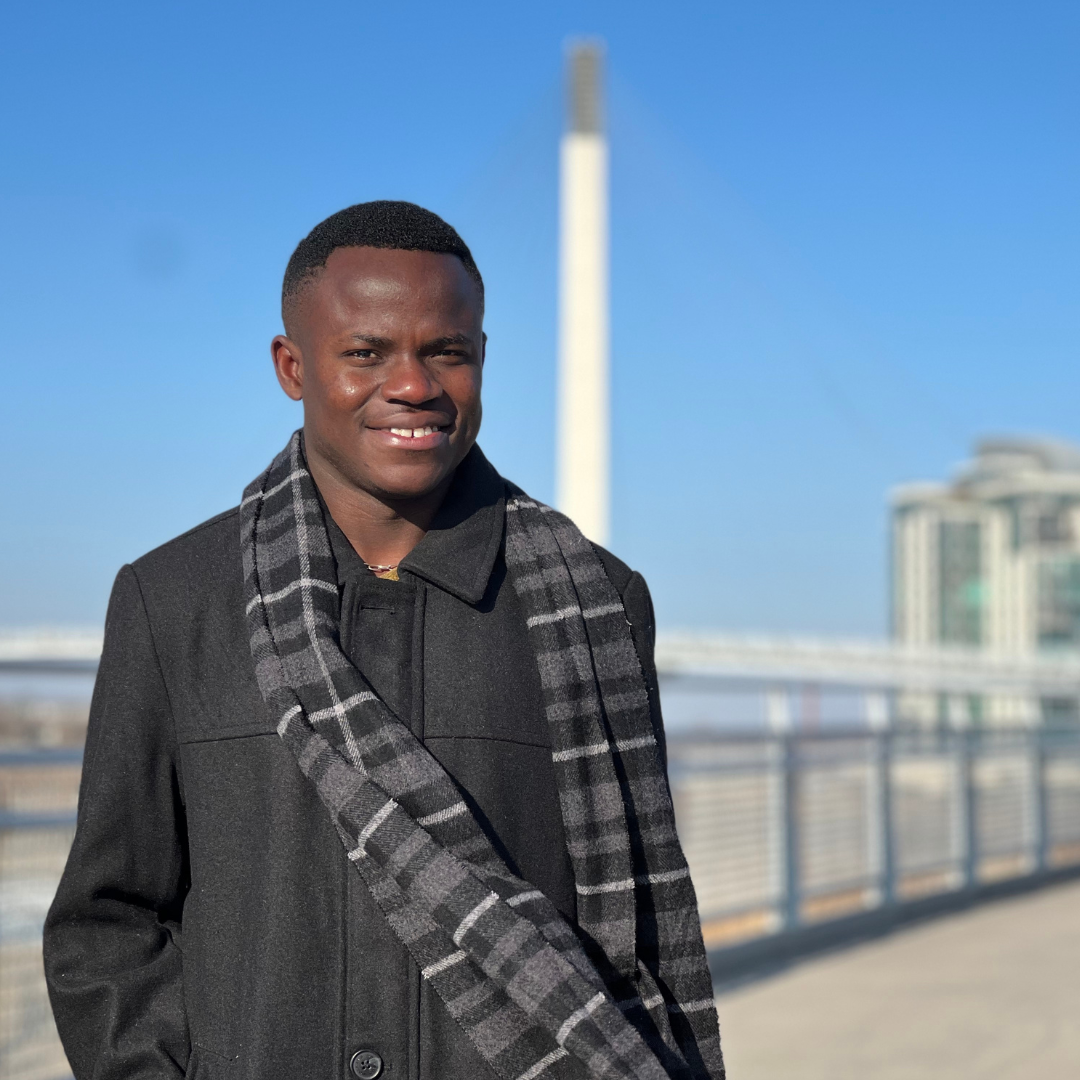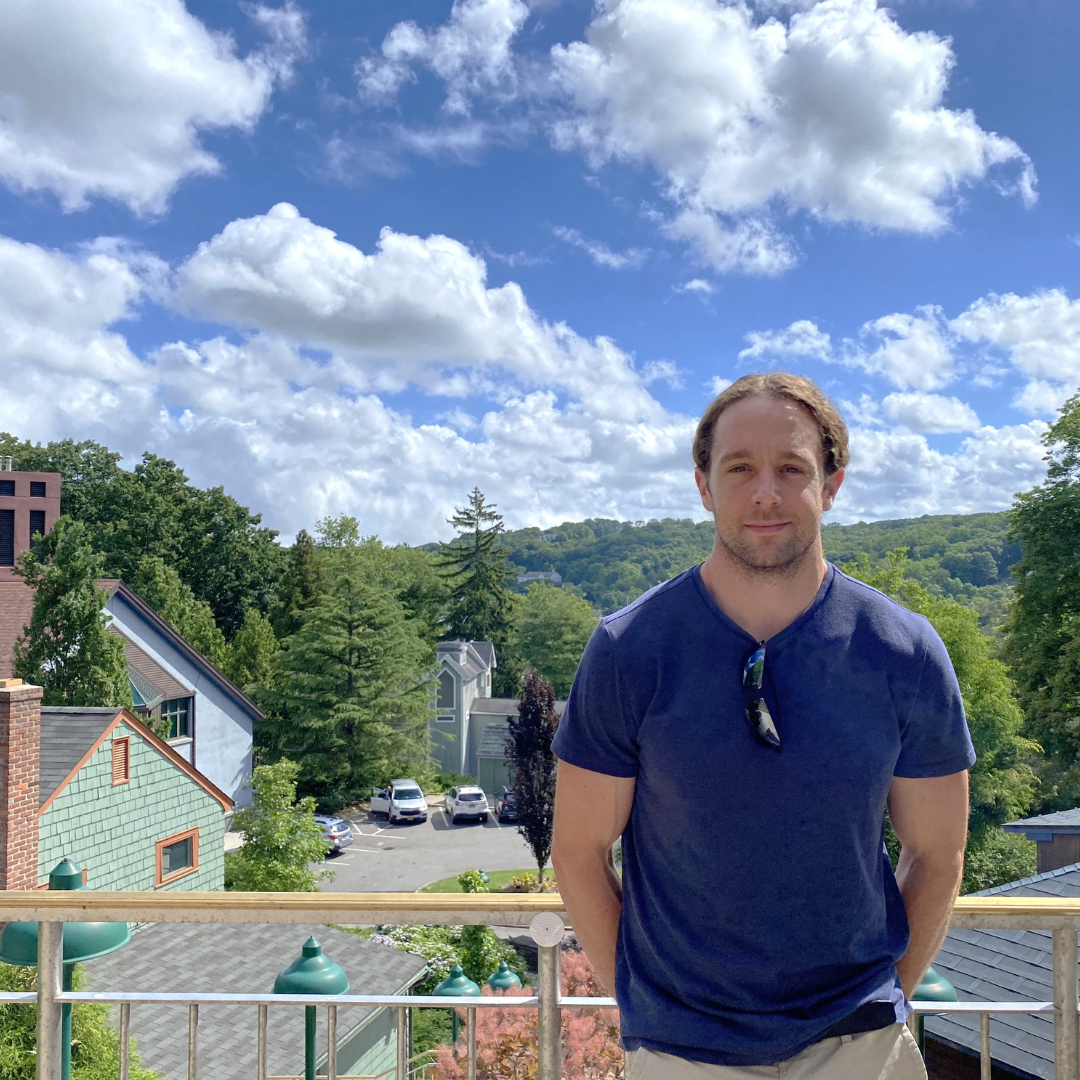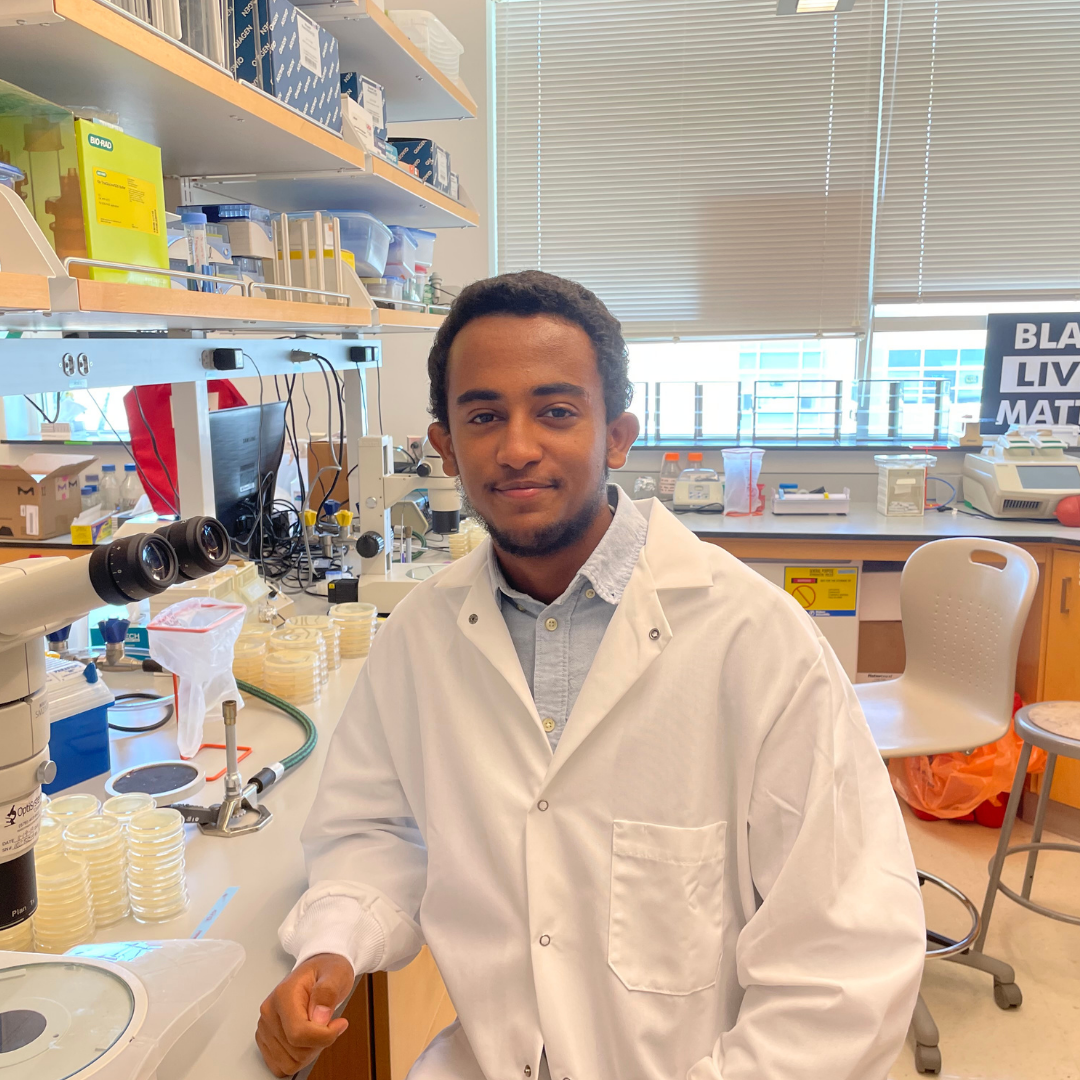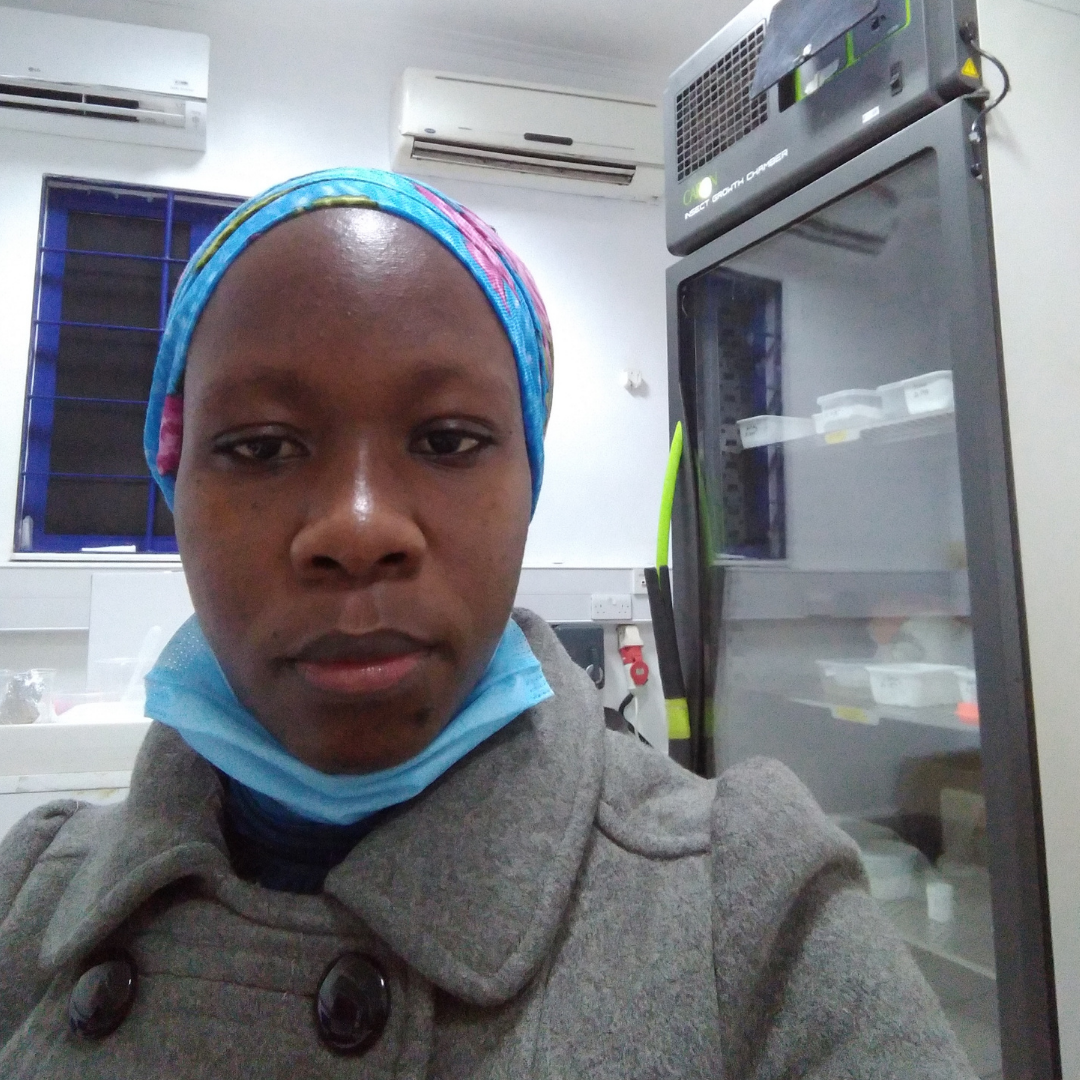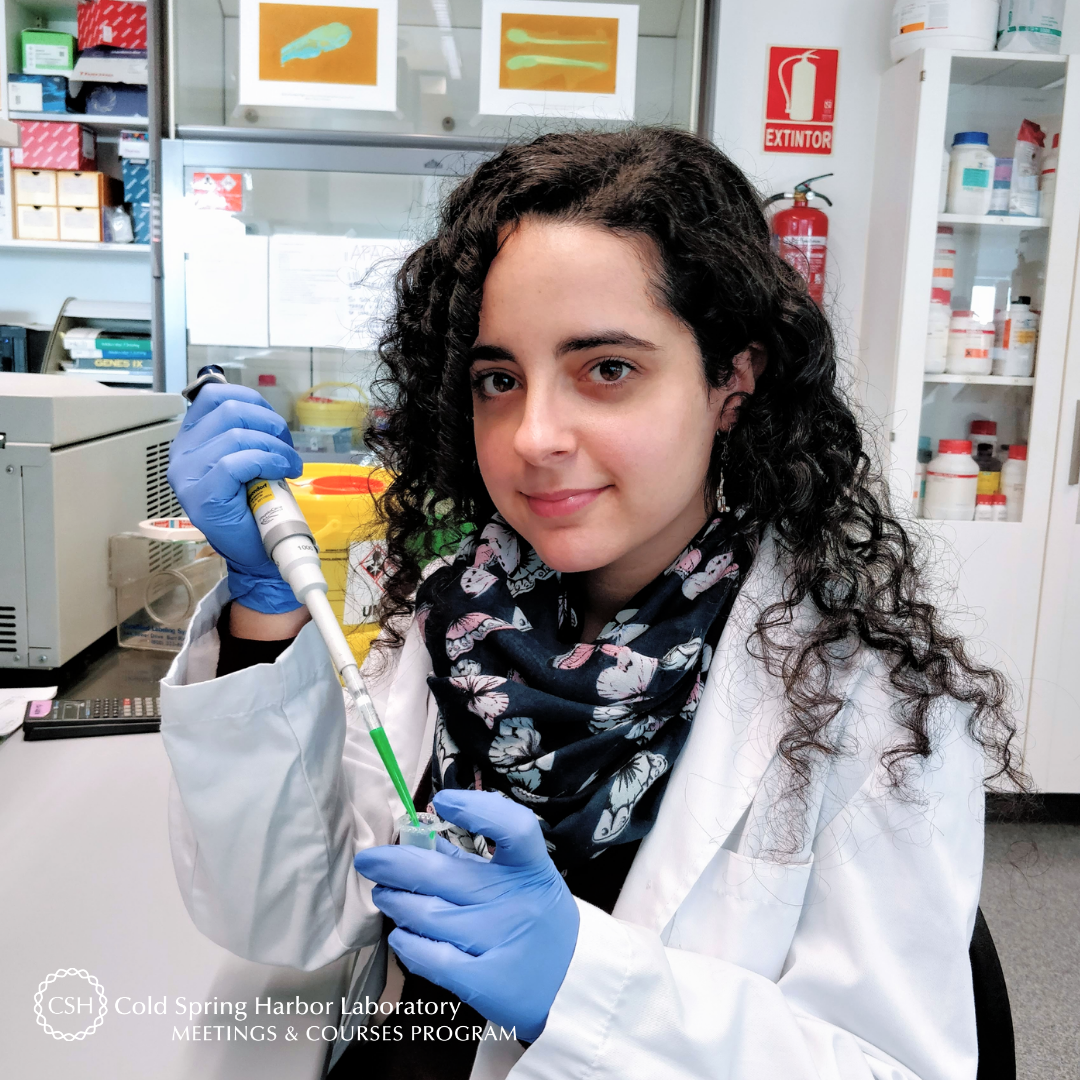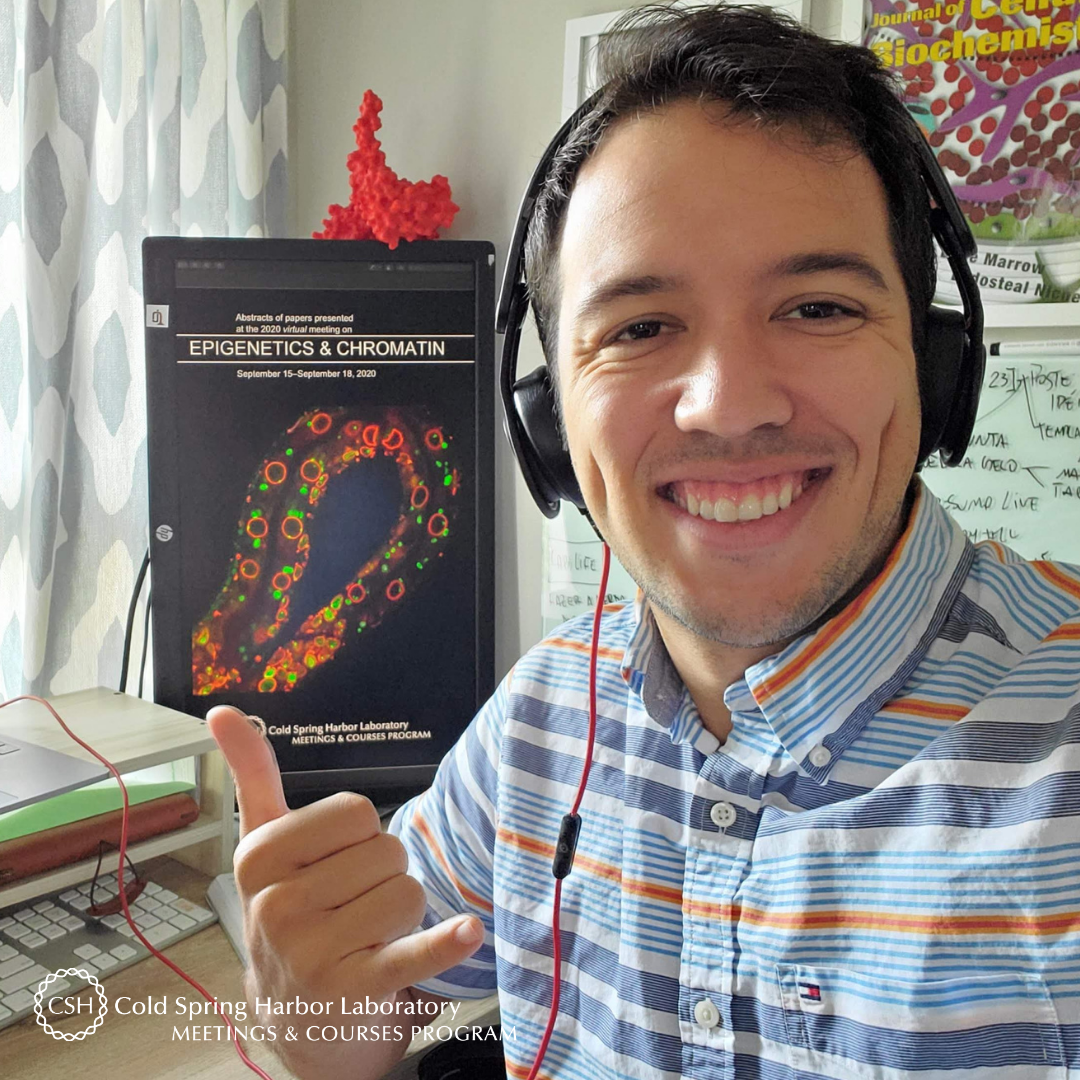Meet Lina Abou Zeid of the University of Guelph (Canada)! The PhD student in Dr. Richard Mosser’s lab is taking part in this week’s Regulatory & Non-Coding RNAs meeting. This meeting represents many firsts for Lina: 1) It is her first virtual meeting; 2) It is her first CSHL meeting; and 3) It is where she first virtually presented her poster entitled “Effect of hyperthermia and HSP70 overexpression on miRNA biogenesis”. Lina “was happy to share [her] work with fellow scientists [at this virtual meeting]…but it made [her] appreciate having the opportunity to discuss [her] work with them in person [because] nothing beats the genuine looks of curiosity and the rewarding smiles at the end of each talk.”
Tell us about your research.
I am investigating how microRNA biogenesis is affected by conditions of cellular stress (such as hyperthermia) that ultimately lead to cell death.
How did you decide to focus on this area/project?
The astonishing involvement of microRNA mediated gene silencing in almost all eukaryotic cellular processes intrigued my curiosity into learning about how their biogenesis is regulated. I wasn’t surprised to learn of the involvement of the dysregulation of microRNA biogenesis in the progression of various diseases such as cancer, and what led to my journey of investigating how stressed cells manage microRNA biogenesis in order to efficiently undergo cell death, which various tumor cells cleverly avoid.
What and/or who is the inspiration behind your scientific journey?
The opportunity to contribute meaningfully to the knowledge of human molecular biology excites and inspires me to keep asking questions. The more questions I ask, the more I realize that there is still a lot to learn. In addition, with all that modern molecular and cellular techniques have to offer today makes now a better time than ever to pursue science.
What impact do you hope to make through your work?
I am hoping to add to the understanding of the regulation of non-coding and regulatory RNA. Through my work, I aim to fill some of the present gaps in knowledge that may result in the development of therapeutics for diseases where regulatory non-coding RNAs play a major role.
What do you love most about being a researcher?
Ever since I can remember, I have loved solving puzzles and watching mysteries. The idea of filling in missing pieces of the puzzle has always appealed to me. I love the process of finding out what questions to ask, exploring possible experimental designs, persevering through failed attempts and finally the rewarding gain of insight (even from negative data).
What drew you to attend this meeting?
I loved the diversity of the sessions and panelists. This meeting presented a great opportunity for me to learn about a wide range of new topics in RNA biology and hear about exciting advances in my field. I was also very excited to get the opportunity to listen to and connect with several of the important experts in my field.
What is your key takeaway from the Meeting; and how do you plan to apply it to your work?
I’ve learned about new technologies and advancements in microRNA biology that can benefit me in planning experiments for the remainder of my degree. I also realized the importance of diversifying my knowledge beyond my own field of expertise and learning from approaches employed in different fields.
What feedback or advice would you share with someone considering to participate in this meeting?
Explore topics outside of your own, you never now where the next helpful idea comes from! Also don’t miss out on making meaningful connections and brainstorming with the brilliant minds present in this meeting; it is a wonderful opportunity. I would love to attend this meeting again in the upcoming years.
What’s the most memorable thing that happened during the Meeting?
Since it was my first virtual meeting, I was truly touched at how resilient and accommodating all the speakers and organizers were. Their love for sharing new ideas and discussing science was evident throughout the meeting. I especially loved the fun Zoom backgrounds a lot of the speakers shared.
Thank you to Lina for being this week's featured visitor. To meet other featured researchers - and discover the wide range of science that takes part in a CSHL meeting or course - go here.
Image provided by Lina Abou Zeid


